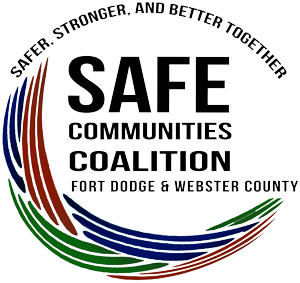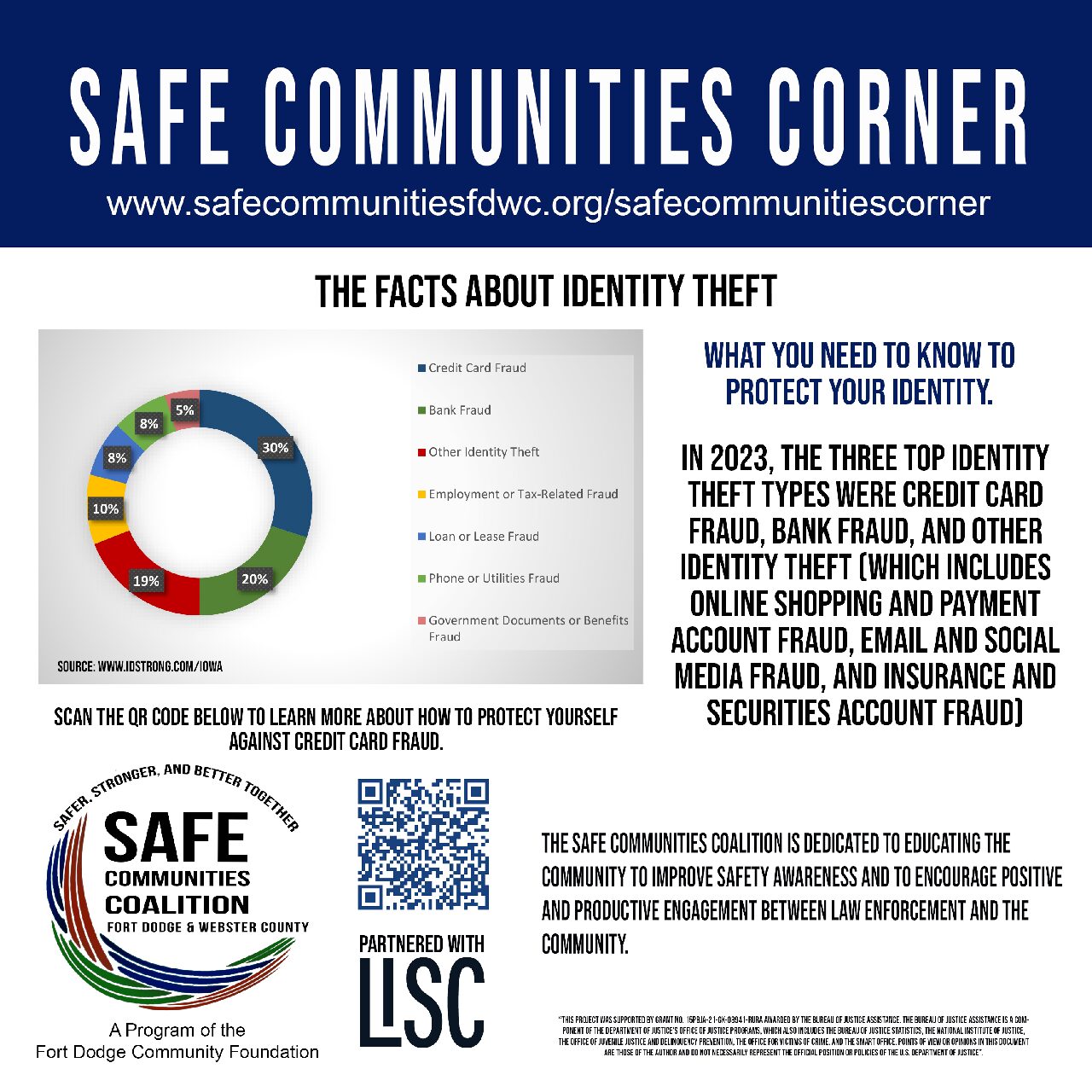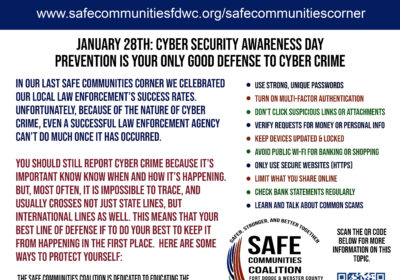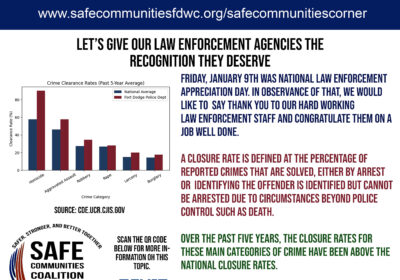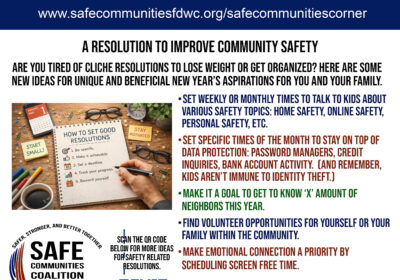Identity theft: Why would anyone want to be me? I don’t know about you, but I can think of several personal commitments or duties that I would love to hand over to someone who decides they would like to be me for a day or two. However, my credit card is not one of them. The idea of a perfect stranger with less-than-good intentions getting a hold of our credit cards is frightening and can be downright devastating if it happens.
Knowing how fraudsters get a hold of your information is the first step in protecting yourself. Let’s take a look at these methods and how you can prevent them from happening to you or, in the unfortunate event that they do, how you can fight back.
Lost or Stolen Cards: To minimize the risk of losing your cards or having them stolen, only carry the ones you need. Keep the others in a secure place at home. In the event that your card is misplaced or stolen, contact the card issuer right away to report the problem. Be vigilant about watching for fraudulent charges and dispute them if they occur. It’s also a good idea to know your card issuers policies and protection services on lost and stolen cards before you find yourself in need of them.
Skimming your credit card: Before inserting your card into any machine, look it over to ensure it has not been tampered with. If the card reader seems loose, crooked, or damaged in any way do not use it. If the keypad seems thick or the buttons are hard to press, this could indicate a false keypad – don’t use it.
Be wary of ATM’s that do not belong to banks. These are often the ones you find in convenience stores, restaurants, grocery stores, and at events, 60% of skimming comes from these machines.
Block your PIN with your hand when entering it. This keeps wandering eyes from seeing your personal information.
Use mobile wallet whenever possible. This is a secured way to pay because your card information is tokenized and rendered useless if a thief tries to use it.
If you are at a gas station and the pumps have not been updated to accept mobile wallet, pay inside.
If you think a machine has been compromised, report it to the establishment’s management immediately. If you believe you may have used a compromised machine, contact your card issuer right away.
Hacking your computer: Fraudsters are becoming more and more clever at finding ways to infiltrate your home computer. The best way to protect your computers is to have a good firewall and updated antivirus programming. Schedule your antivirus software to run regularly. Using complex passwords and two-factor identification also makes it difficult for hackers to get your information.
Calling with fake prizes or wire transfers: If it seems too good to be true, it is! Especially if they are asking you for personal information. Never give out your social security number or credit card numbers to someone who has called you!
Phishing attempts or fake emails: Phishing is when someone pretends to be from a reputable organization in order to trick you into divulging your personal information. They can do this over the phone or by email. They are able to make the number that comes up on your caller ID a local number so they can be hard to identify. Again, even if they are posing to be someone you know, if something doesn’t seem right you should trust your instincts and not give out any personal information or account numbers. If you receive an email from someone you know but it seems unusual or out of character, check the email address. If it doesn’t match the contact information you have for this person, it is likely a phishing scam. If you do not have contact information for this person and they are with an organization or business, their email address should originate from their business or organization not a public email site such as g-mail or yahoo.
Protecting yourself comes down to awareness and taking those extra steps to ensure that you are protected. If something does not “feel” right, listen to your instincts. If you think you may have fallen victim to scammers, contact your bank or credit card issuer to find out how to best protect yourself. Taking these steps could save you time and money down the road.
